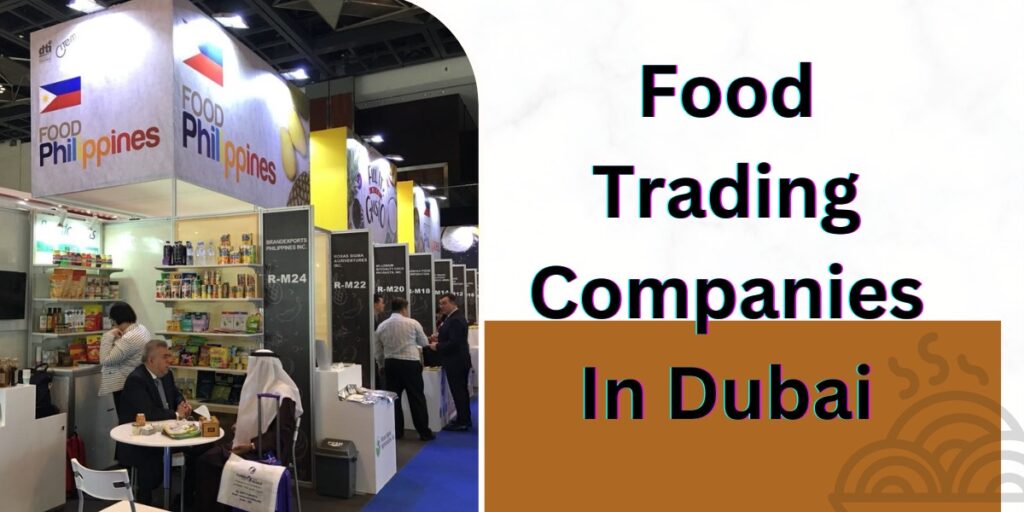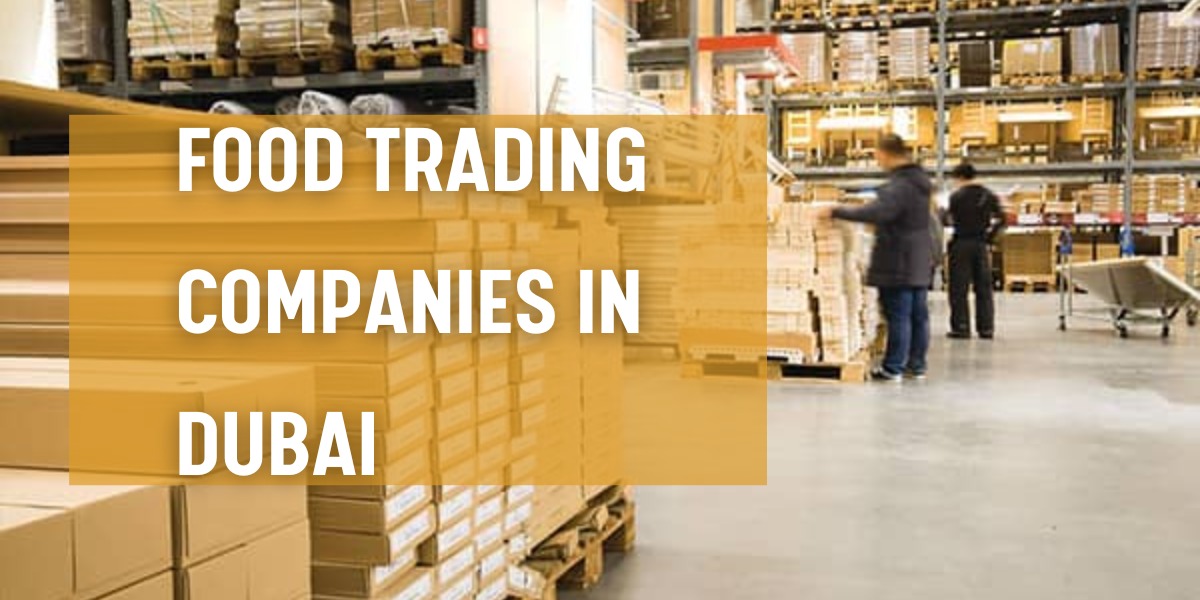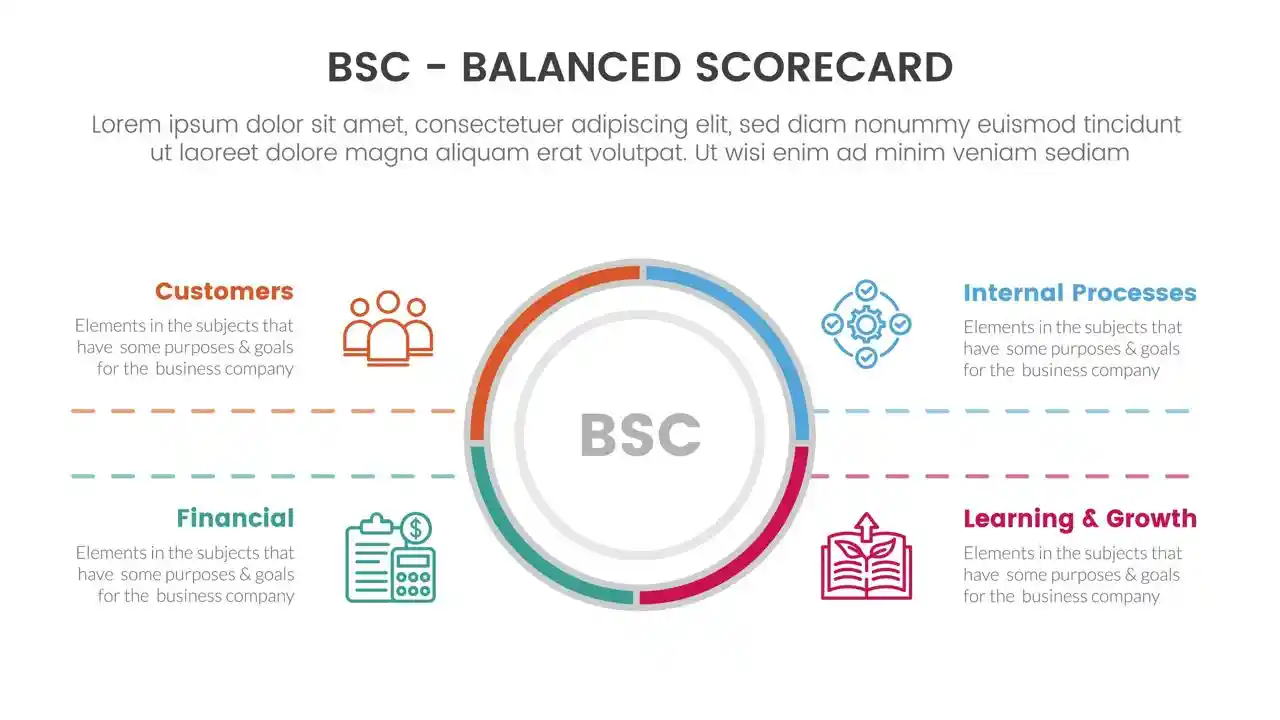Exploring the Dynamic Landscape of Food Trading Companies in Dubai:
Dubai, a thriving business hub and global trading center, is renowned for its diverse and vibrant food industry. With its strategic geographical location, robust infrastructure, and strong market demand, Dubai has become a hotspot for food trading companies. In this article, we delve into the dynamic landscape of food trading in Dubai, exploring the key aspects that make it an attractive destination for food traders and highlighting these companies’ significant role in the emirate’s thriving economy.
Dubai’s Strategic Location:
Dubai’s strategic location at the crossroads of Europe, Asia, and Africa positions it as an ideal gateway for food imports and exports. The city’s world-class ports and airports facilitate efficient trade routes, allowing food trading companies to connect with global markets. Its strategic location offers significant advantages in reduced transportation costs, faster delivery times, and enhanced market accessibility.
Infrastructure and Logistics:
Dubai’s infrastructure and logistics capabilities are second to none. The emirate boasts state-of-the-art seaports, such as Jebel Ali Port, one of the world’s largest and busiest ports. Dubai International Airport and Al Maktoum International Airport also offer extensive air cargo facilities, further bolstering the logistics network. These robust infrastructural facilities enable food trading companies to efficiently handle imports, exports, storage, and distribution, ensuring the seamless flow of goods across borders.

Regulatory Environment:
Dubai provides a favorable business environment with a well-regulated and transparent legal framework. The government’s initiatives to streamline processes and reduce bureaucracy have attracted numerous food trading companies to establish their presence in the emirate. Dubai’s free zones, such as Jebel Ali Free Zone (JAFZA) and Dubai Multi Commodities Centre (DMCC), offer additional benefits, including 100% foreign ownership, tax exemptions, and simplified licensing procedures, making it an enticing destination for food traders.
Market Potential and Diversity:
Dubai’s diverse population, comprising residents from over 200 nationalities, has created a rich culinary landscape and a strong demand for various food products. The city’s multicultural environment makes it an ideal testing ground for new and exotic food items, attracting food trading companies seeking to introduce their products to a receptive market. Furthermore, Dubai’s robust tourism industry, with millions of visitors annually, adds to the potential customer base for food trading companies.
Quality and Safety Standards:
Dubai significantly emphasizes food safety and quality standards, ensuring that all food products meet the highest regulatory requirements. The Dubai Municipality is pivotal in regulating and inspecting food trading activities and enforcing strict adherence to hygiene, labeling, and traceability standards. Food trading companies in Dubai benefit from this stringent regulatory environment, which builds consumer trust and enhances the reputation of their products.
Technological Advancements:
Dubai’s commitment to innovation and technological advancements has positively impacted the food trading sector. Adopting cutting-edge technologies, such as blockchain, IoT (Internet of Things), and AI (Artificial Intelligence), has facilitated improved supply chain management, enhanced product traceability, and increased operational efficiency for food trading companies. These technological advancements contribute to Dubai’s reputation as a forward-thinking and technologically advanced trading hub.
Dubai’s thriving food trading industry owes its success to strategic advantages, robust infrastructure, a favorable business environment, and a diverse market. Food trading companies in Dubai have harnessed these opportunities to establish their presence and contribute significantly to the emirate’s economy. As Dubai continues to grow as a global trading center, the food trading sector will remain a pivotal force, ensuring a steady supply of high-quality food products to meet its cosmopolitan population’s and international visitors’ demands.




